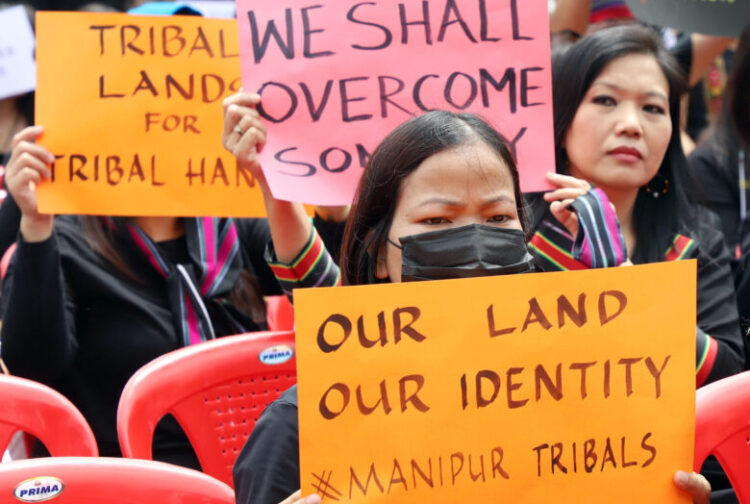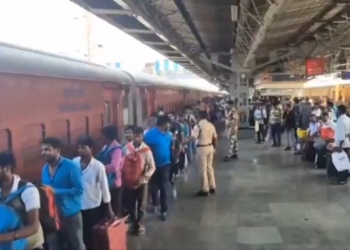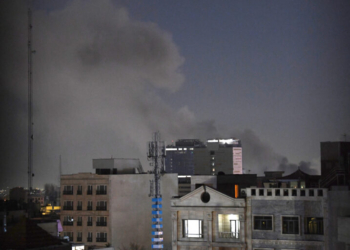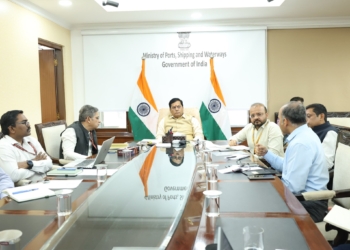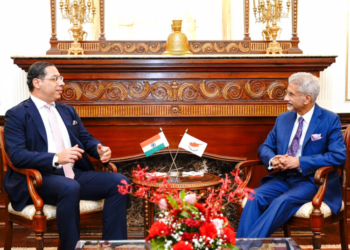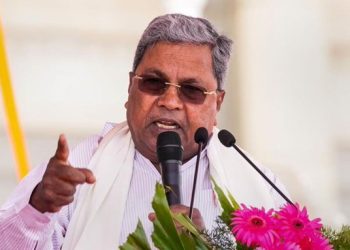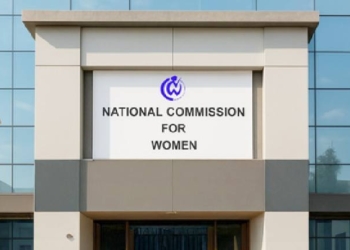Kathmandu: A group of Nepali civil society members on Wednesday expressed concern regarding the loss of life and property in Manipur, constituent state of the Indian Republic which is seeing rage between members of the majority Meitei and minority Kuki communities.
The violence has continued unabated for three months, with more than 180 dead, many more wounded, and enormous loss of property and infrastructure, they said.
Those issued the statement including prominent rights activists Meena Acharya, Renu Adhikari, Kundan Aryal, Raju Chapagain, Purnashova Chitrakar, Kanak Mani Dixit, Chandrakishore Jha, Sushil Pyakurel, and Dinesh Tripathi.
“We have concluded that the state as well as central governments of India have not lived up to their responsibility to protect human rights in Manipur, ensure law and order, and promote mediation efforts among the warring sides. There is an urgent need for democratic intervention,” they said in a statement on Wednesday evening.
The countries of South Asia are populated by multiple and cross-cutting identities, said the statement, the provinces and subunits are predominantly multilingual and multi-ethnic, the result of historical movement of peoples and more recent demarcations and migrations.
Under such circumstances, the first obligation of an elected government is to ensure human security and inclusion, mindful that protection of minority rights is key to democracy, they said.
Above all, members of the executive and legislature are required to overcome political party interests and be protectors against loss of life and limb, against rape and plunder, they suggested.
When those in authority abandon responsibilities resulting in escalation of violence in any part of South Asia, the duty of citizens everywhere is to speak up, including from neighbouring countries.
“As citizens of Nepal, we recognise the historical marginalization of communities of mountain, hill and plain within our own society, and this impels us to recognise and express concern over what is happening in Manipur.”
While ostensibly federal, all over South Asia the strong arm of central authority prevents provinces from achieving societal equilibrium, where communities are able to negotiate their place and future, reads the statement adding that they also see national administrators using the ‘divide-and-rule’ tactic inherited from colonial times, cynically deploying the ‘communal card’ for political gain, and relying on the armed forces – all of which keeps frustrations bottled up.
India was till recently the exemplary country in South Asia with its robust electoral democracy, exemplary judiciary and questioning media, the human rights activists said, from neighbouring Nepal, we have watched in distress the weakening of the Indian polity over the last decade: populist governance feeding off vote-gathering ethno-religious sentiments, if taken further, will weaken the social fabric of a country that has the largest population on Earth.
(IANS)




